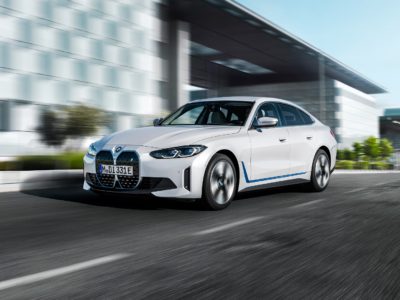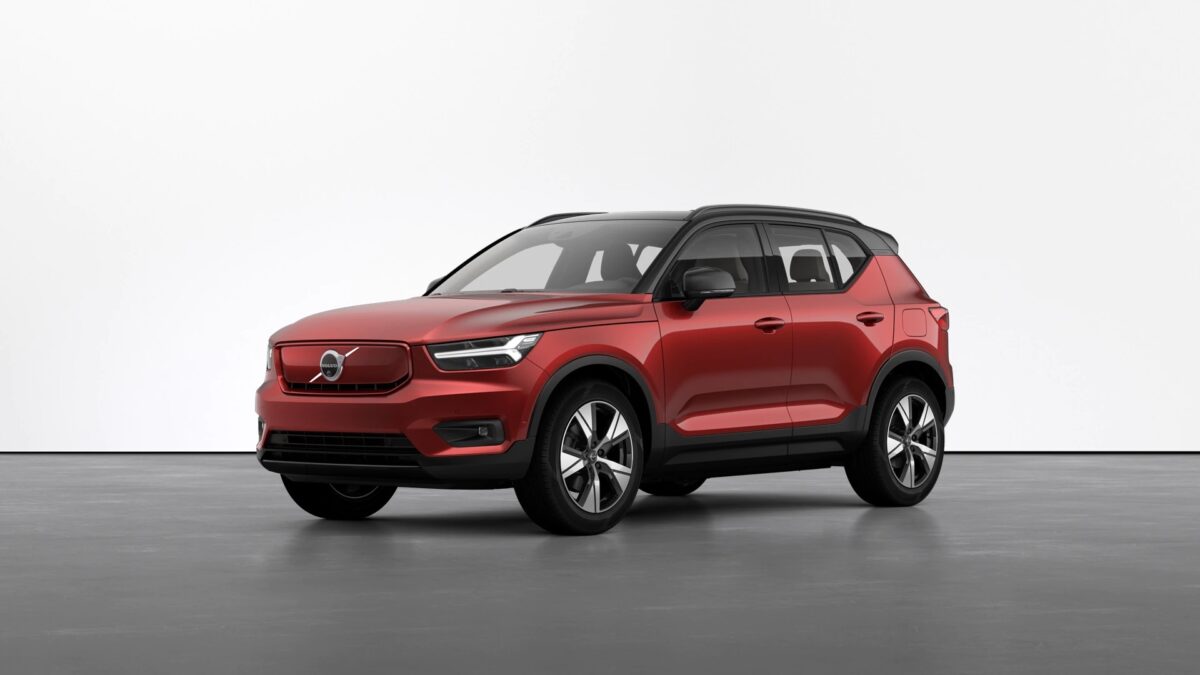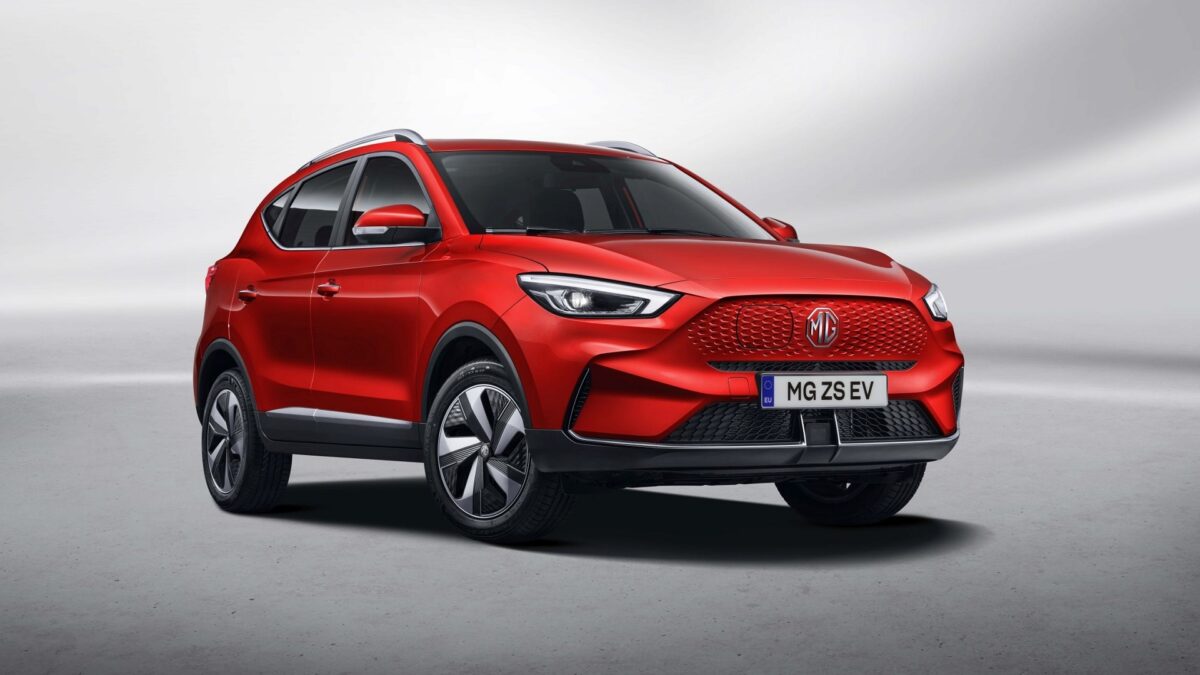Saar: The centre has even proposed a grant of Rs 1,050 crore for setting up 4,200 public EV charging points.
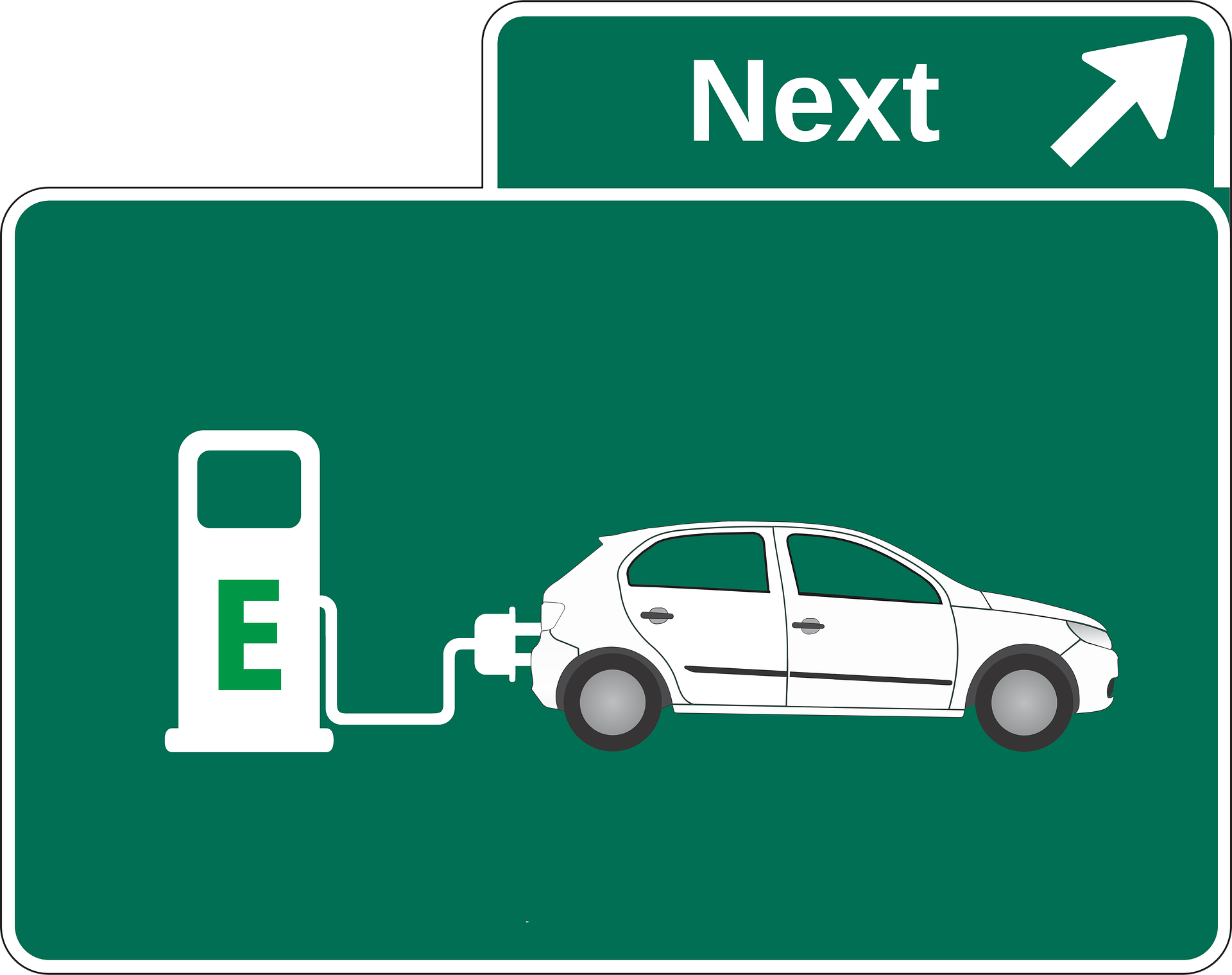
Building electric vehicles (EVs) is one thing and supporting their existence is quite another. For the latter, the basic infrastructure needs to be in place, including public EV charging points. For that, the Government will take help from nodal agencies throughout the country. It plans to appoint state-owned power distribution companies, central public sector undertaking and municipal corporations to install and upkeep electric vehicle charging infrastructure in identified cities and highways.
Government agencies such as National Thermal Power Corporation (NTPC), Power Grid Corporation of India (PGCI), other state power discoms and select municipal authorities will be put at work. They will be required to identify locations and set up charging infrastructure for EVs. The said locations will cover major cities and populated highways. A maximum time of one year will be given to the agencies to strategically set up the charging infrastructure and they will have to keep all of them operational for at least three years.
New Auto Policy Expected To Alter Car Classifications And FAME
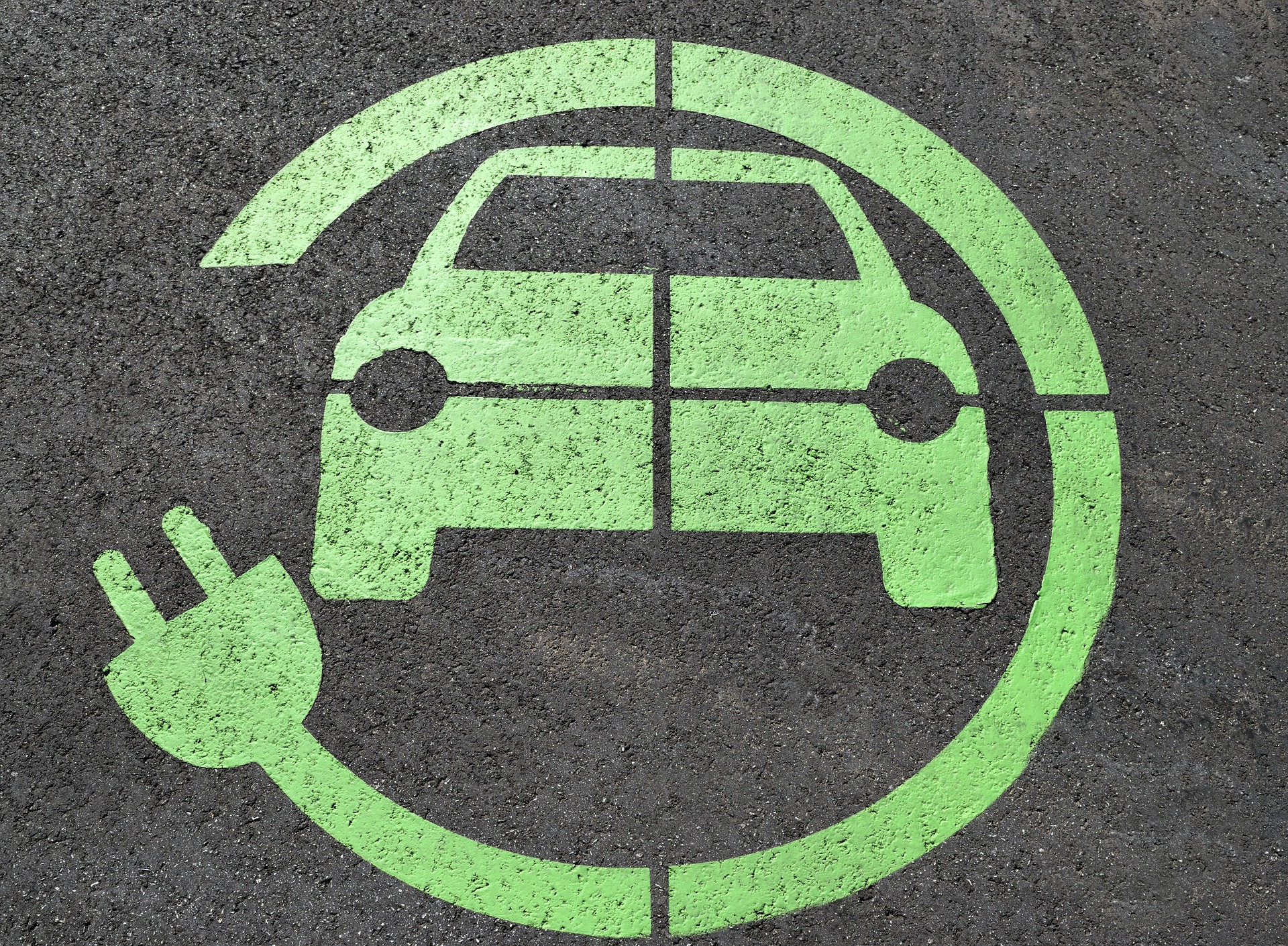
Obviously, the Government will support the nodal firms financially. The Centre has proposed a grant of Rs 1,050 crore for a total of 4,200 public EV charging points. That’s beside providing them with concessional land and local authority support.
As of now, the number of EV charging stations in the country is next to negligible. That said, the number of EVs on the roads of India is negligible too. Reason? The cost and the implications of buying one. Cost is high because most of the EV components are imported into India. When we look at the implications, the biggest one is the charging time. Even with fast chargers, the EVs currently on sale in India will take at least 90 minutes to gain most of its juices.
Install EV Charging Points Every 3Km In Cities With 10 Lakh Plus Population, Proposes Centre
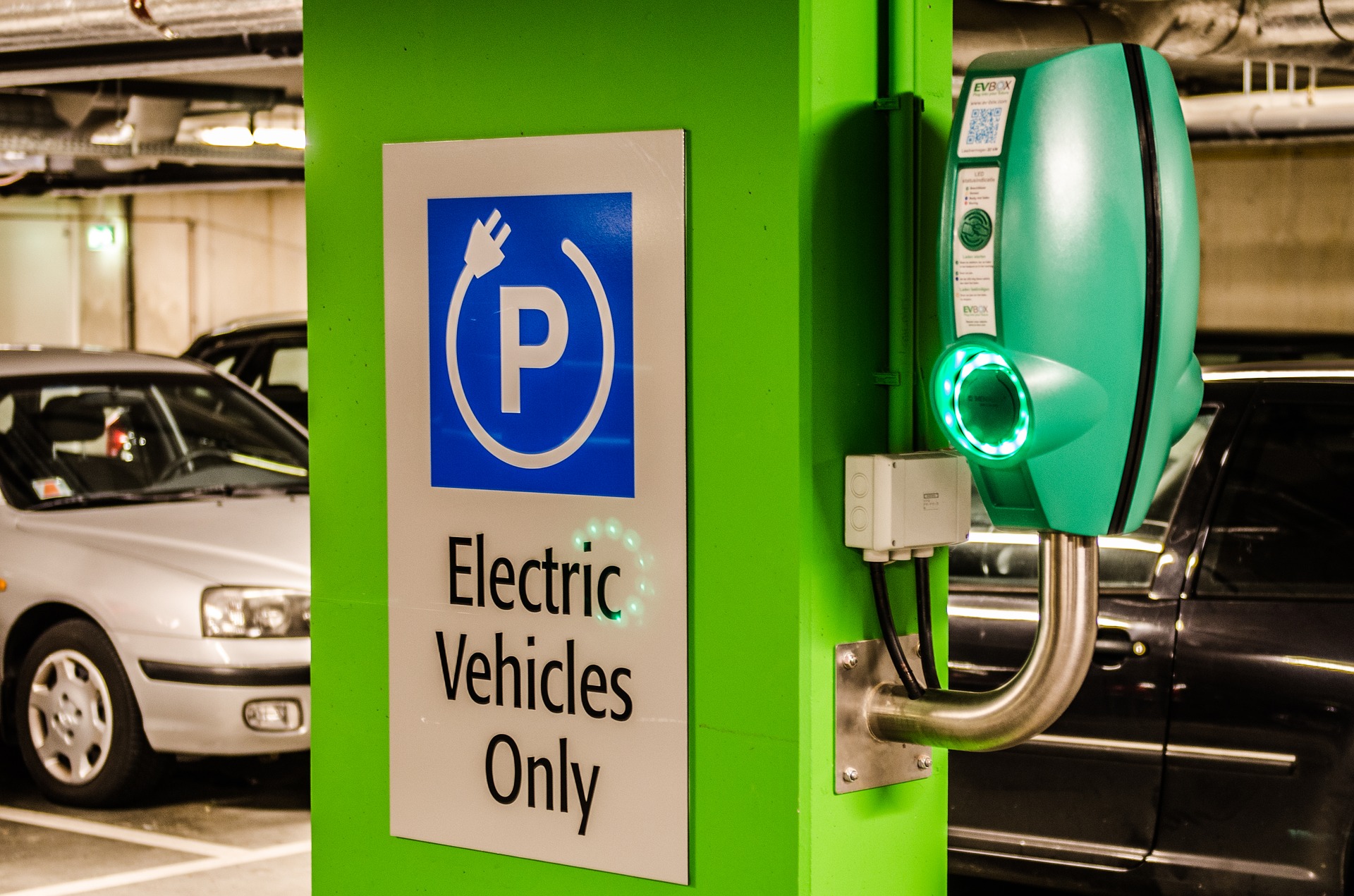
As the technology matures, charging times will surely tumble. But that won’t happen overnight. The government needs to recognise the importance of hybrid vehicles and not treat them as luxury items. The main aim is to tackle the rising air pollution in our country and hybrid cars are way more fuel efficient than the comparable diesel- or petrol-powered ones. The only reason hybrid vehicles exist is to make the journey from internal combustion engines to pure electrics as smooth as possible. Hence, they should fall under the same tax bracket, at least, as all-electric vehicles.
Source: ET Auto


